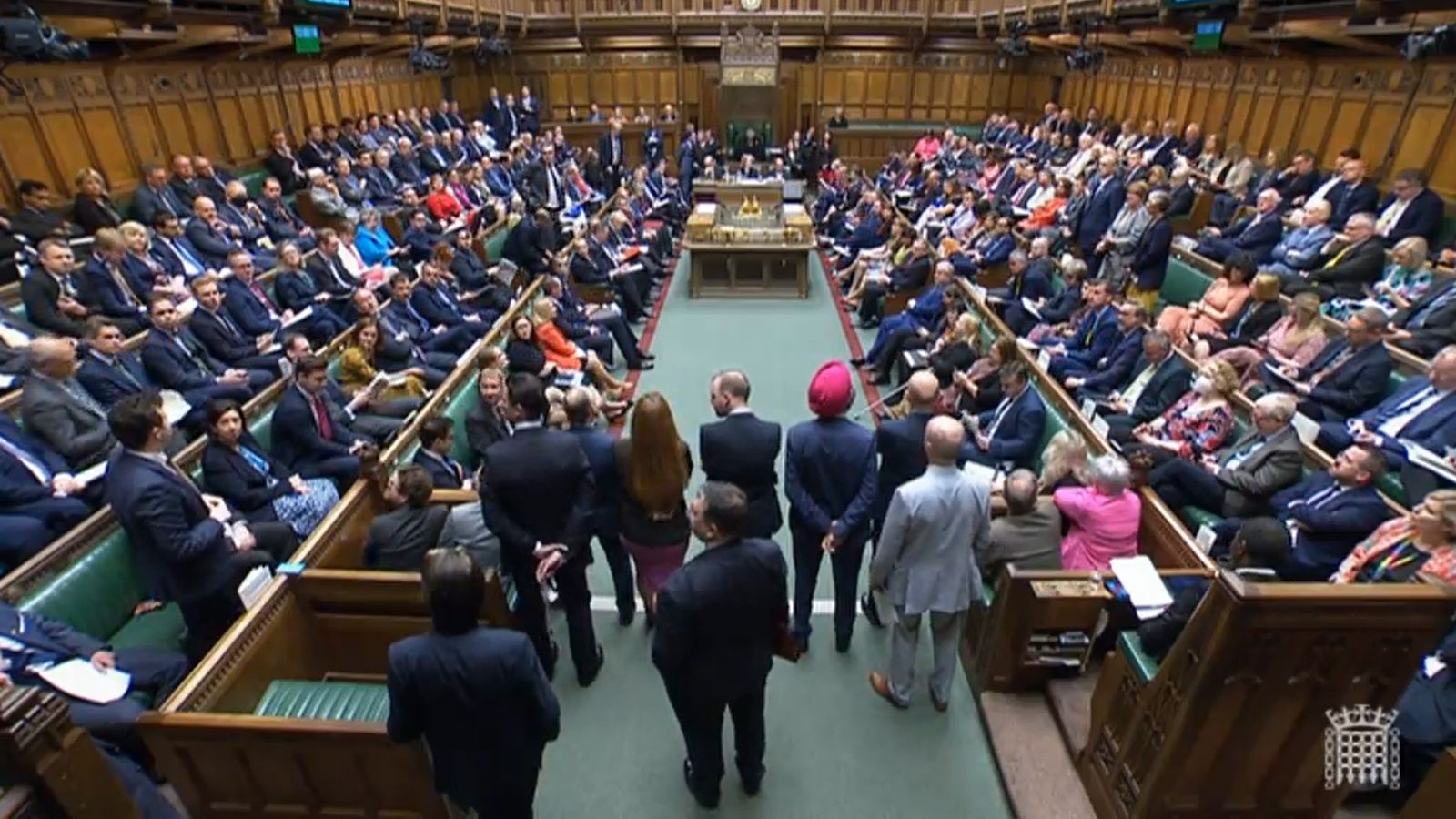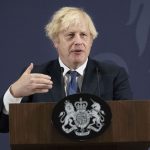The House of Commons Speaker has refused to reveal why MPs want their attendance records at parliament deleted – a move to block information campaigners say the public has a “right to know”.
It was decided earlier this year that the records of when MPs used their passes to access the Houses of Parliament should be deleted after seven days.
As part of this decision, MPs from all parties were asked for their opinion on whether or not a record of their attendance should be kept so the public could see it.
When Sky News sent a Freedom of Information request to see what elected members of parliament had said, the release of the statements was blocked by the House of Commons Speaker, Sir Lindsay Hoyle.
Liz Truss criticised over civil service ‘antisemitism’ claim – politics latest
This was done because the Speaker “formed the reasonable opinion that disclosure of the information would be likely to prejudice the effective conduct of public affairs”.
The non-profit group mySociety, which campaigns for increased openness in democracy through the use of online tools like its own TheyWorkForYou and WhatDoTheyKnow, criticised the Speaker’s refusal.
Michael Gove suggests House of Lords could be temporarily relocated to Stoke-on-Trent
State Opening of Parliament: The Queen may not be fully stepping away, but her heirs are stepping up
Commons Speaker urges ‘radical’ reform to working practices in parliament after MP Neil Parish quits over porn ‘moment of madness’
They said it represents “two levels of obfuscations” with parliament both putting attendance data “beyond reach” and not revealing the information around the decision.
Spokesperson Myf Nixon said: “Fundamentally, this is about transparency of decision making. When decisions that impact public access to information are made, we should have a right to know what factors were at play to influence this decision.
“We have tangible evidence that this is information that citizens want to know.
“One of the most common questions we receive from the users of TheyWorkForYou is whether their MP was present during a debate; if that MP hasn’t spoken or voted, we have to respond that there is no way to tell.”
Hannah White, the acting director at the Institute for Government, said the move “reduce[d] transparency” around elected officials.
She added: “MPs’ work in Westminster is only one aspect of their role. There are many different factors which affect the frequency with which MPs travel to London.”
MPs split their time between working in Westminster, and also in the constituencies and on other matters.
The row over MPs’ data being deleted arose after Cabinet Officer Minister Jacob Rees-Mogg tweeted about a “lefty freedom of information request” which showed he had attended the Commons 159 times across 154 sitting days.
However, according to PoliticsHome, Mr Rees-Mogg and Commons Leader Mark Spencer then met with Sir Linsday and asked for the rules to be changed.
As part of the process, the House of Commons Clerk reviewed the policy, and then ruled that the data on MP’s passes should be deleted after seven days.
Read more:
Jacob Rees-Mogg reiterates call for civil servants to return to offices
Speaker urges ‘radical’ reform to working practices in parliament after MP quits over porn-watching
Sir Keir Starmer breached MPs’ code of conduct eight times
Please use Chrome browser for a more accessible video player
The Freedom of Information request sent by Sky News confirmed the Speaker was in possession of MPs’ statements, but refused to release them.
A House of Commons spokesperson said: “The Clerk of the House, as data controller, completed a review of the house’s data retention policy with respect to members.
“Having considered the relevant advice and representations, the data retention policy for members has been changed, so that all pass usage data will be held for seven days only.
“The clerk is satisfied that retention of this data for the proposed period meets all our health, safety and security requirements.”






















